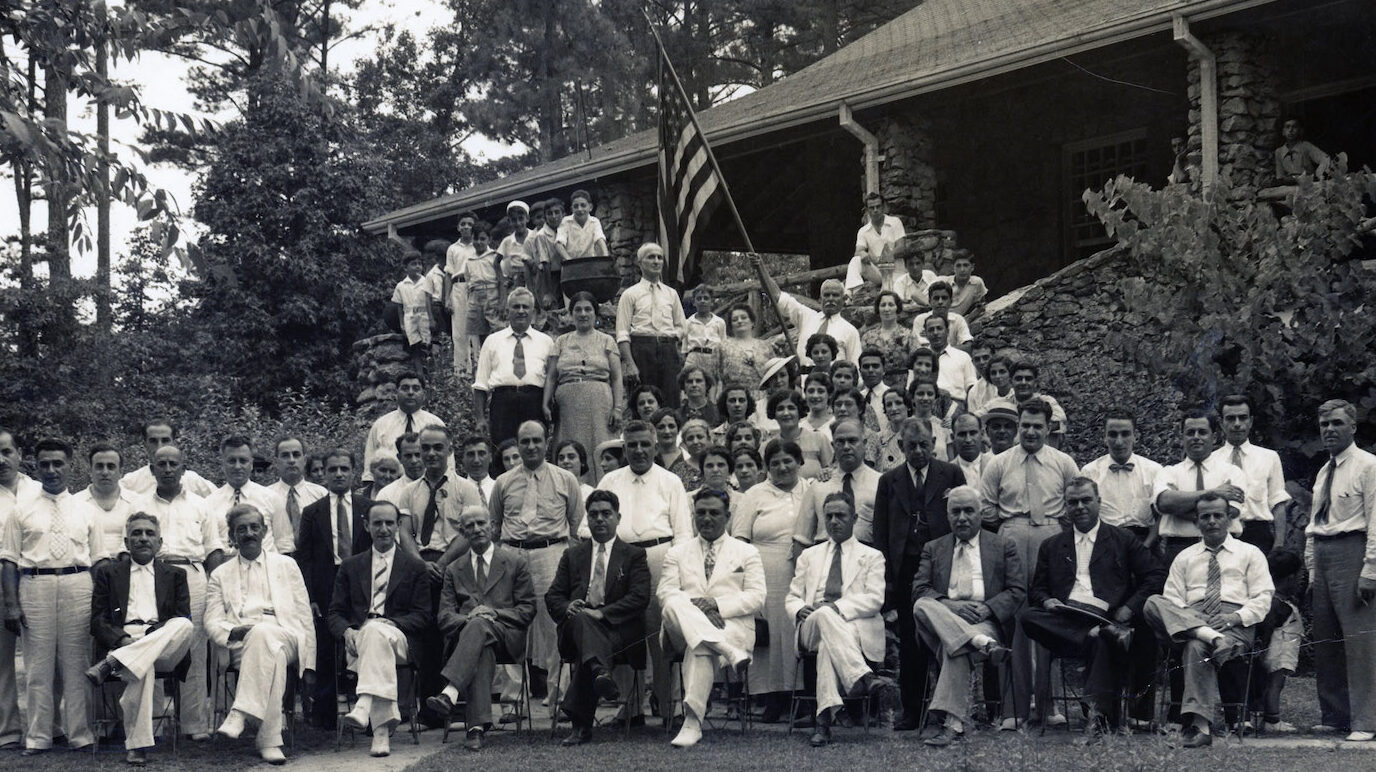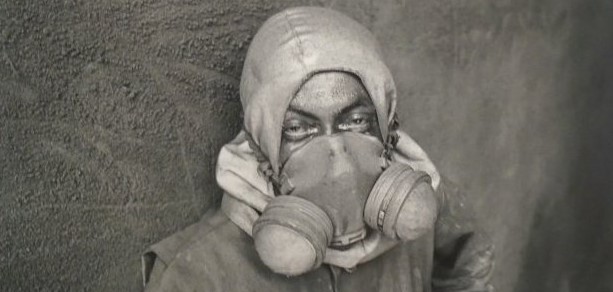Reprint // Michigan in Color: Go Home
This article is reprinted with permission from The Michigan Daily, edited and managed by the students of University of Michigan. You can read the original article here written by Rachelle Mehdi. Last week, amid the campus-wide “American Sniper” outrage, I was told to go back to my country, twice. These comments came from online strangers. Strangers who do not know me, but who know enough about names to know that mine is Arab. Strangers who vehemently believe that Arabs do not belong in the United States.
I do not have to justify my allegiance and patriotism for this country, but for those of you who question it, the American government issued me clearance. The United States is my country. Lebanon is also my country. I am transnational. I live my life across borders, between two countries, engaging in the economic, political and social spheres of both. I am a full participant of both countries, separately — my identity, who I am as an American, and as a Lebanese, is not reduced. The exact opposite happens: I grow. I am bigger. I am not part of a third, hyphenated category. I am a part of both, simultaneously.
After growing up in Ann Arbor, I had the privilege of immersing myself in my cultural roots when I moved to Lebanon in 2010; I was 17. I ended up spending three years there, and they were the best three years of my life. I had many coming-of -age experiences during my time there — my first serious boyfriend, my first real experience with alcohol, my first time going to a bar or club. It was also the first time I was on my own, being truly independent. I wasn’t just in a different state than my parents; I was in a different country, across an entire ocean. Living there helped me break down stereotypes I had in my head of the country and its people and atmosphere, but it also helped me break down stereotypes other people had about Americans. I fell in love with Beirut for its weather and food and friendly people. I fell in love with it because it taught me my family’s history, what it was like for them growing up through a civil war. It made me ask them questions about things they had never talked to me about.
Growing up, my mom had never spoken with me about living through the Lebanese civil war of 1975. The other day I asked her why, and she told me she did not want me to develop the hatred she once had. Hatred for outsiders, for invaders and for militias. The hatred she had for her own people, hatred for an entire generation lost. She told me she did not know that the life she was living was not normal until she left it. In 2006, I got a little taste of war while I was visiting Lebanon over the summer. But I was 12, and I didn’t know what it really meant when we had to evacuate our neighborhood or when I heard the sound of a bomb in real life, bombs that wanted to get rid of my family and people like my family. At the age of 12, I didn’t understand what it meant that my brothers and I could leave the war and go back to the United States, but my grandparents and other family members had to stay behind. I did not know how badly it hurt for my mom to leave them behind. Now I do.
I decided to stay in Lebanon and attend the American University of Beirut, despite getting accepted to the University as a freshman. I had planned to get my degree there and come back to Michigan for graduate school. Then the Syrian civil war escalated while I was there, and it took a toll on neighboring Lebanon. An influx of refugees overwhelmed the country, and a series of suicide bombs began. I was visiting my family in Michigan over the summer of 2013, and three weeks before my flight back to Lebanon, my parents told me I had to stay. “It is too dangerous to go back,” they said. “We don’t know what is going to happen. The situation is bad.”
This was so sudden and shocking, and I was devastated. I gained weight. I was stressed and couldn’t sleep. I felt out of place here because I didn’t feel the same sense of community that I did in Beirut. A few times, my friends pointed out to me that, even though I was physically there with them, I was not really “present.” I was in my own world, constantly following what was happening in Lebanon, constantly wondering when I would next return. It’s hard to be present when the biggest part of you is not something you can represent, express or be. I got a tattoo to make sure Beirut was always a part of me, even if I can’t always be a part of her. The city’s coordinates are etched on the inside of my brachium. I visited Beirut this Christmas break. On my way there, it was the first time I ever cried tears of joy.
I was going home.
I cried on my way back, too, an intense, sad cry. On several occasions throughout this year, I have broken down crying during office hours with various advisers and professors. One adviser did not understand why I was going to miss the first week of the semester for “travel purposes,” while another told me to suck it up and that I was “lucky to be here.”
I am lucky. I am blessed to be able to continue my education and my life in a stable environment. I am fortunate to be able to return to another place I come from, a second home, during times of war and instability — but so many others cannot. They become displaced. They lack access to shelter, warmth, food or education. They are unwanted in the communities they seek refuge in, and they do not have the opportunity to escape the harsh realities that have torn apart their communities and homes.
But that does not invalidate my personal struggles and emotions. I am privileged, but it comes with a cost. I, like those people, am torn away from the place I call home, forced to accept separation and longing. Here, I face a different battle. I navigate through instances of nuanced racism that constantly question my existence. This is my story. My narrative counts. I know that when they tell me to “go back to my own country” and “go back to Lebanon,” it is meant to threaten and intimidate me, but I know better.
Go back to my own country? This is my country. Go back to Lebanon? I wish I could.
- Categories:


